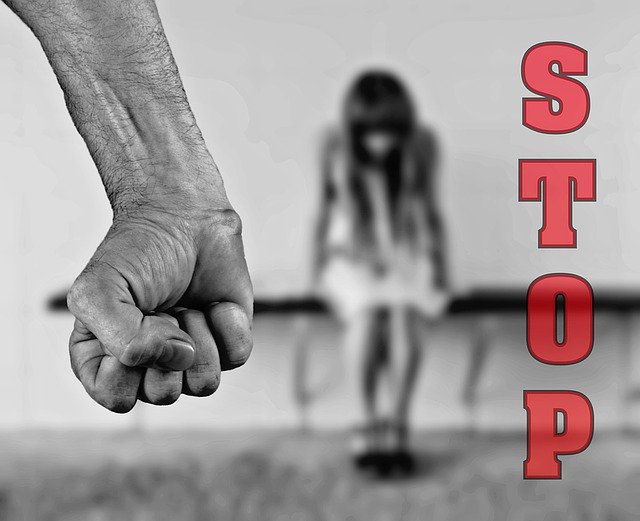
Bill on GBV, Femicide Council Goes to South African Parliament
South Africa’s President Cyril Ramaphosa has announced that the SA government is in the process of drafting a Bill on the Gender-Based Violence and Femicide (GBVF) Council, which is expected to be in Parliament early next year. “I consider the establishment of this Council, which is part of the Declaration on Gender-Based Violence in 2019, […]

South Africa’s President Cyril Ramaphosa has announced that the SA government is in the process of drafting a Bill on the Gender-Based Violence and Femicide (GBVF) Council, which is expected to be in Parliament early next year.
“I consider the establishment of this Council, which is part of the Declaration on Gender-Based Violence in 2019, to be critical in the implementation of the National Strategic Plan,” President Ramaphosa said during a virtual dialogue on Wednesday to mark the 16 Days of Activism for No Violence Against Women and Children campaign.
This year’s 16 Days campaign will be observed under the theme “Women’s Economic Justice for a Non-Violent and Non-Sexist South Africa”.
The President called for an urgent need to address the poverty, exclusion and economic marginalisation facing millions of women.
He said that advancing women’s economic empowerment is fundamentally tied to the Constitutional right to dignity, and that empowering women financially gives them greater control over their lives.
“As part of this effort, earlier this year we announced that South Africa will be setting aside 40% of all public procurement for women-owned enterprises. A National Procurement Task Team has been set up to drive this process. It is already rolling out capacity-building programmes to prospective beneficiaries to ensure women business owners are equipped to participate in public procurement,” President Ramaphosa said.
Supporting women-owned businesses in South Africa
As part of the Economic Recovery and Reconstruction Plan, the President said government is increasing its support to women-owned small, medium and micro enterprises to enable them to benefit from, among other things, the infrastructure development programme and opportunities in manufacturing, agriculture and tourism.
The President stressed that supporting women-owned businesses is crucial, if “we are to take full advantage of the opportunities arising from the African Continental Free Trade Area when it comes into operation early next year”.
“We are going to ensure that women benefit from government’s land reform programme and have more access to land that they can use to produce food and goods. We are going to improve women’s economic participation through the Presidential Employment Stimulus programmes, announced as part of the Reconstruction and Recovery Plan.
“Recruitment has already begun for a number of these programmes, which range from education support to early childhood development, to home based care, to the Expanded Public Works Programme,” President Ramaphosa said.
The President also emphasised a need for business to provide greater support to women-owned businesses, through supplier development, mentorship, training and financial assistance.
He said that government is engaging with the financial services sector to provide financial products that respond to the needs of women, whether it’s related to banking costs, finance support or access to credit lines.
Violence against women is not a women’s problem
President Ramaphosa further challenged men to take responsibility at a personal level for the protection of the women and children, reiterating that violence against women is not a women’s problem, but a men’s problem.
“It is men who can challenge harmful cultural and social practices that undermine women’s rights. It is men who can and must refuse to be part of criminal gangs that assault and rape women. It is men who can and must take responsibility for their own personal behaviour and understand that coercing a woman to have sex is rape, and that ‘no’ means ‘no’.
“It is men who must raise their sons to understand that women and men are equal, and lead by example. It is men who must repudiate the idea that a man must prove his manhood by abusing a woman. It is men who after being convicted and sentenced for violence can seek rehabilitation and not offend again.
“As men, we must say no. No, domestic violence is a not a private family matter. No, we do not have the right to discipline our children with violence. No, a woman is not inviting rape or sexual assault because of her personal life choices, where she chooses to socialise or how she dresses,” the President said.
It starts with accountability, Musida
Meanwhile, Miss South Africa Shudufhadzo Musida highlighted a need for a collective responsibility within society towards the fight against the scourge of GBVF.
“It [GBVF] needs to be dismantled. We can’t exclude certain members of our society from this conversation…it starts with accountability,” Musida said.
From Wednesday, the national flag has been flying at half-mast across the country in memory of the countrymen and women who lost their lives to COVID-19 and gender-based violence. – SAnews.gov.za
